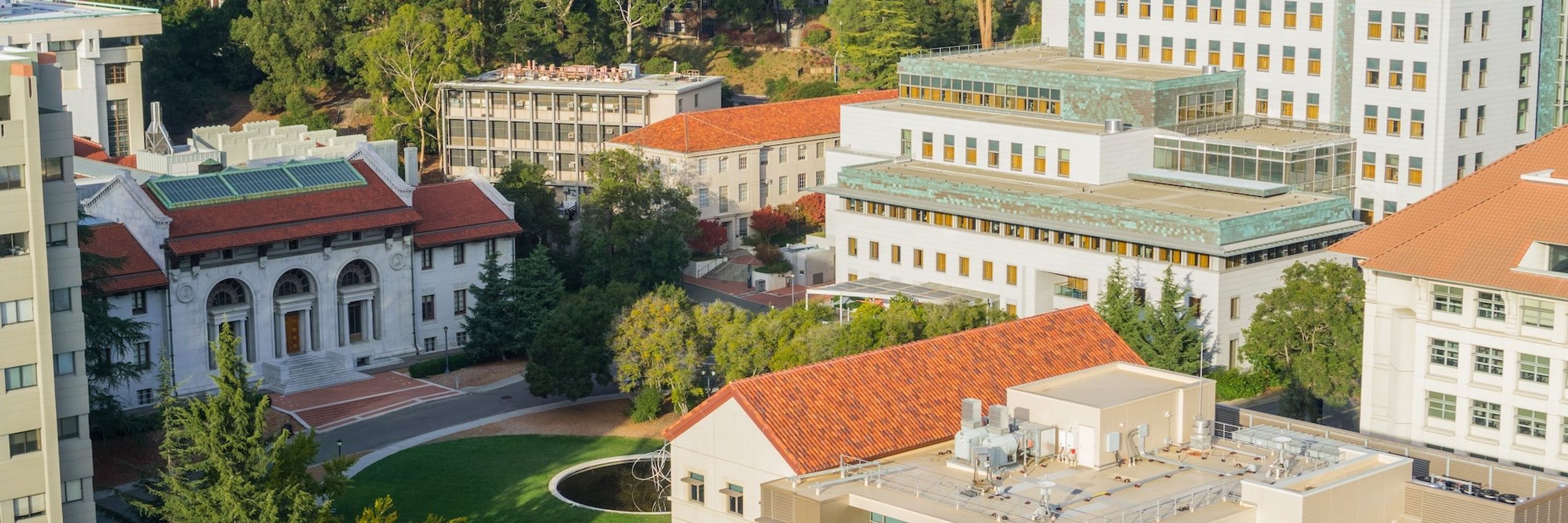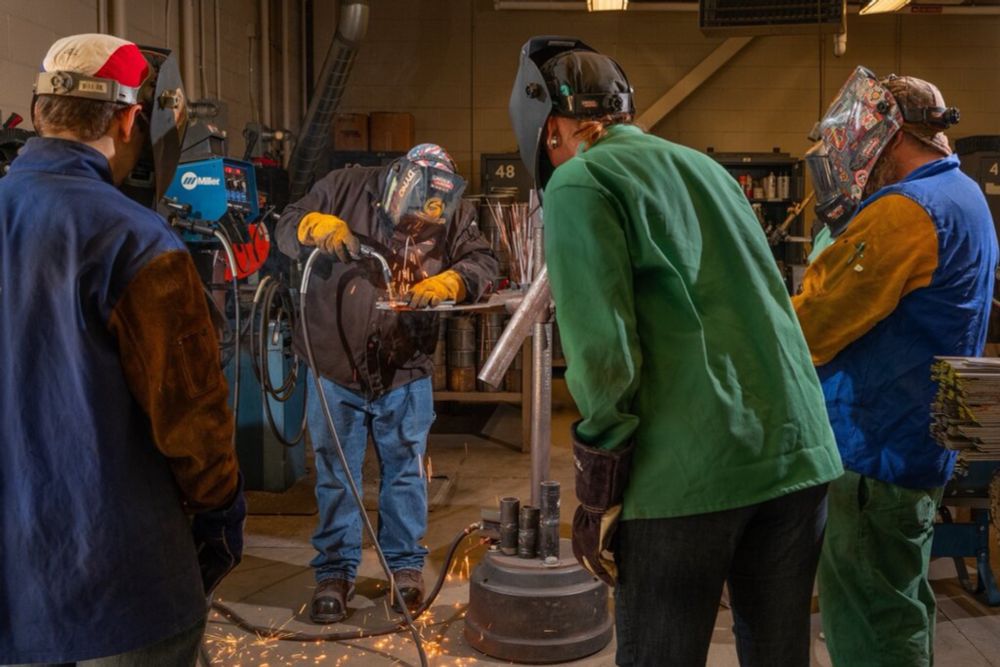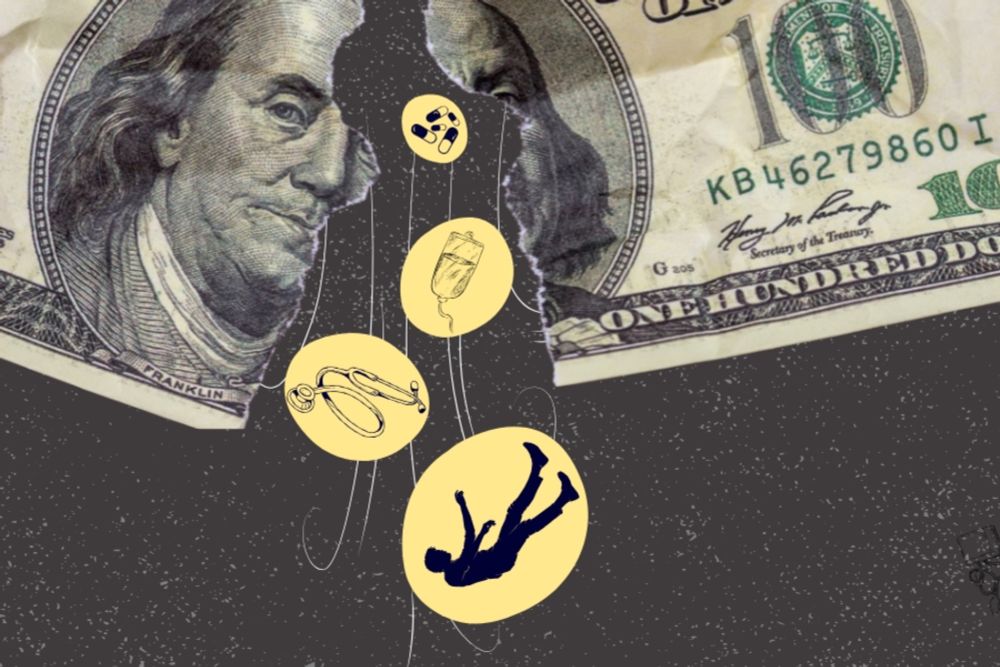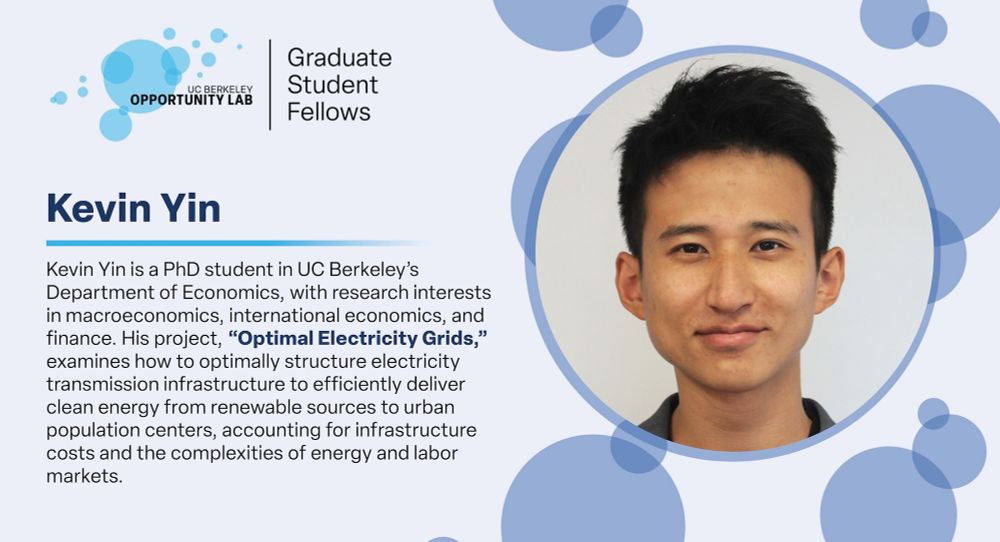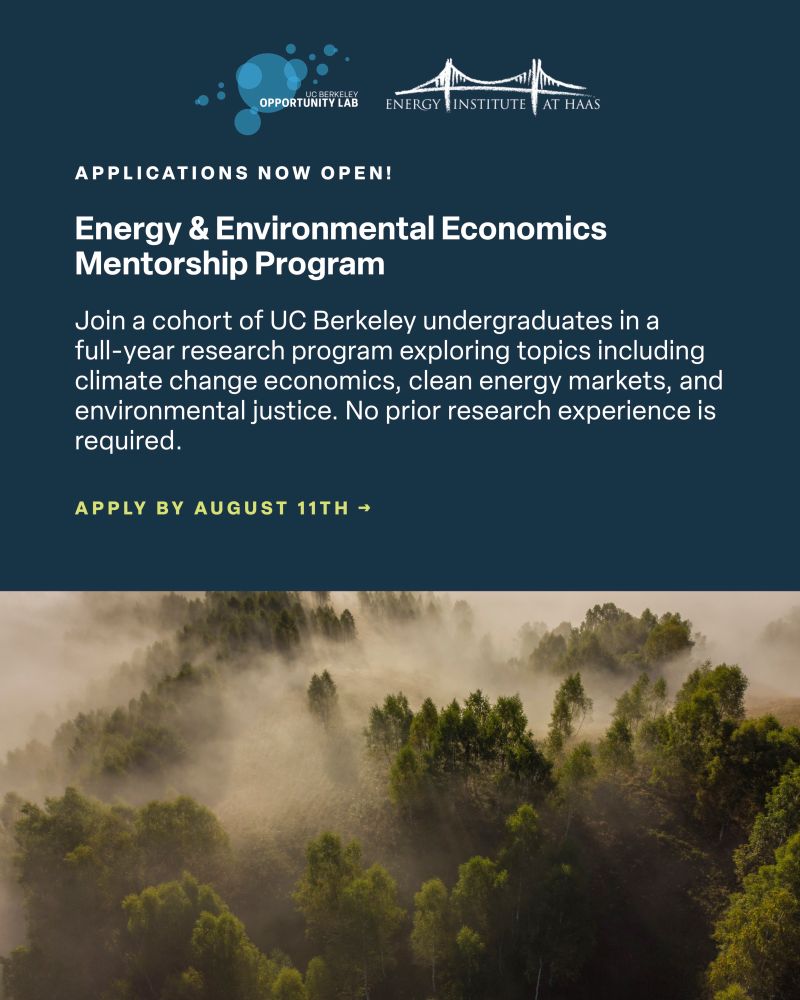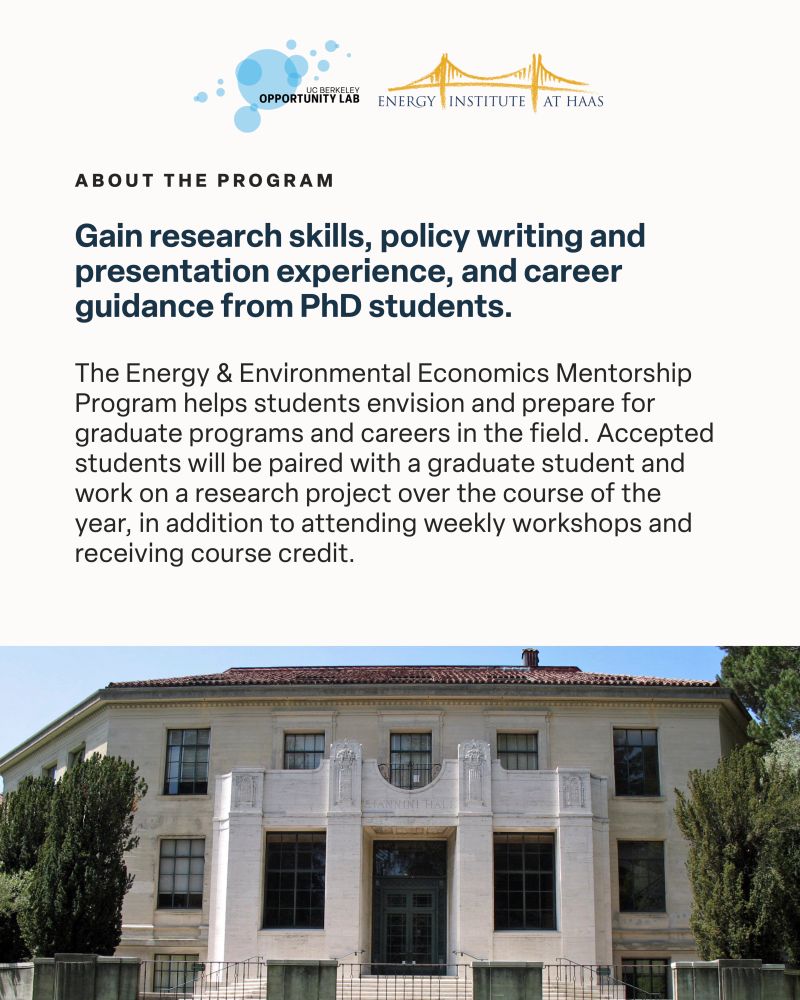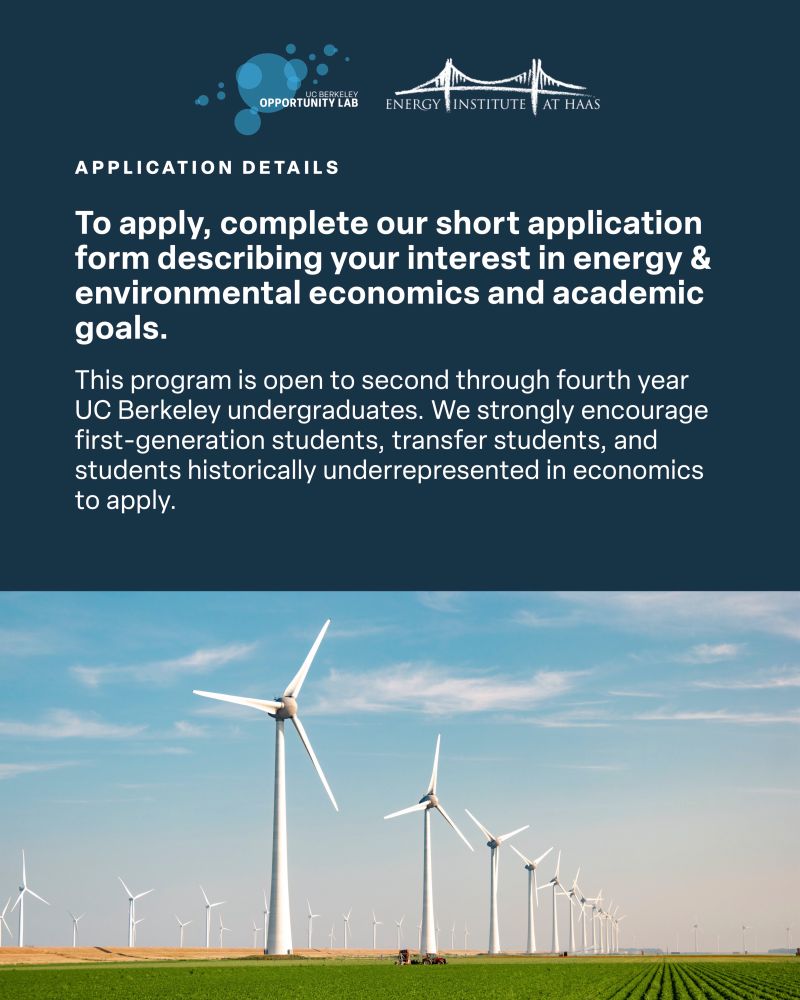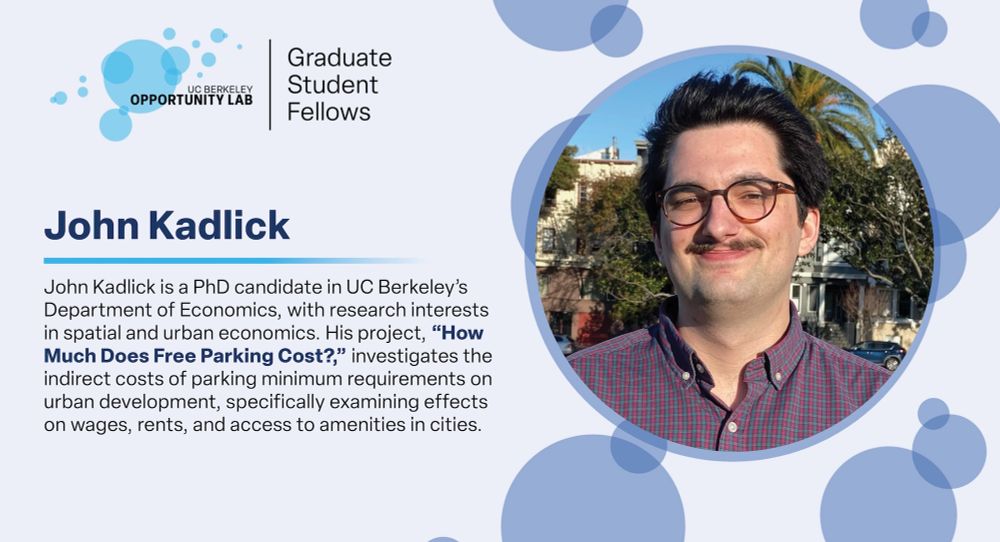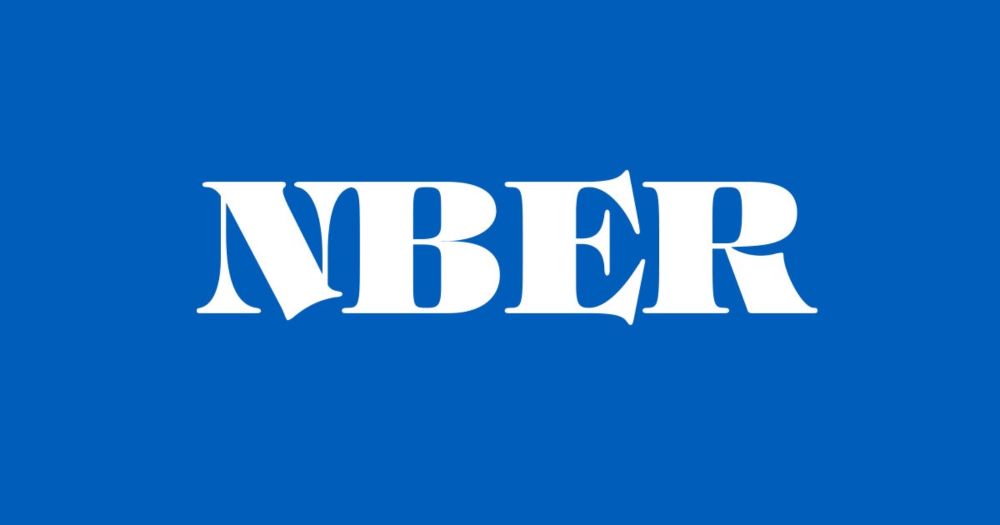Opportunity Lab
@berkeleyolab.bsky.social
330 followers
230 following
94 posts
Based at @ucberkeleyofficial.bsky.social, O-Lab generates rigorous evidence to inform social policy and advance economic opportunity. #econsky #policysky
Learn more at olab.berkeley.edu, or find us at linkedin.com/company/berkeley-olab.
Posts
Media
Videos
Starter Packs
Pinned
Opportunity Lab
@berkeleyolab.bsky.social
· Aug 21

Spatial inequality: what we know and where we're headed | Readymag
The divide between high- and low-opportunity places is more visible than ever, perpetuating long-run inequities and drawing the attention of policymakers. This presentation to review the evidence on r...
readymag.website
Opportunity Lab
@berkeleyolab.bsky.social
· Aug 28

Where the Hood At? Fifty Years of Change in Black Neighborhoods | Opportunity Lab
On September 3 at 4pm, join O-Lab and Berkeley’s Institute for Research on Labor and Employment (IRLE) for a discussion with Michael Lens of UCLA about his new book examining how Black neighborh...
www.olab.berkeley.edu
Opportunity Lab
@berkeleyolab.bsky.social
· Aug 25

The Political Effects of Affirmative Action: Evidence from Court Mandates to Law Enforcement Agencies | The Journal of Legal Studies: Vol 54, No 2
Abstract Affirmative action programs in public sector agencies are a canonical example of race-conscious remedial policy. While these regimes increase public sector diversity, they may also generate p...
www.journals.uchicago.edu
Opportunity Lab
@berkeleyolab.bsky.social
· Aug 21

Spatial inequality: what we know and where we're headed | Readymag
The divide between high- and low-opportunity places is more visible than ever, perpetuating long-run inequities and drawing the attention of policymakers. This presentation to review the evidence on r...
readymag.website
Opportunity Lab
@berkeleyolab.bsky.social
· Aug 11

Where the Hood At? Fifty Years of Change in Black Neighborhoods | Opportunity Lab
On September 3 at 4pm, join O-Lab and Berkeley’s Institute for Research on Labor and Employment (IRLE) for a discussion with Michael Lens of UCLA about his new book examining how Black neighborh...
www.olab.berkeley.edu
Reposted by Opportunity Lab
Opportunity Lab
@berkeleyolab.bsky.social
· Jul 29
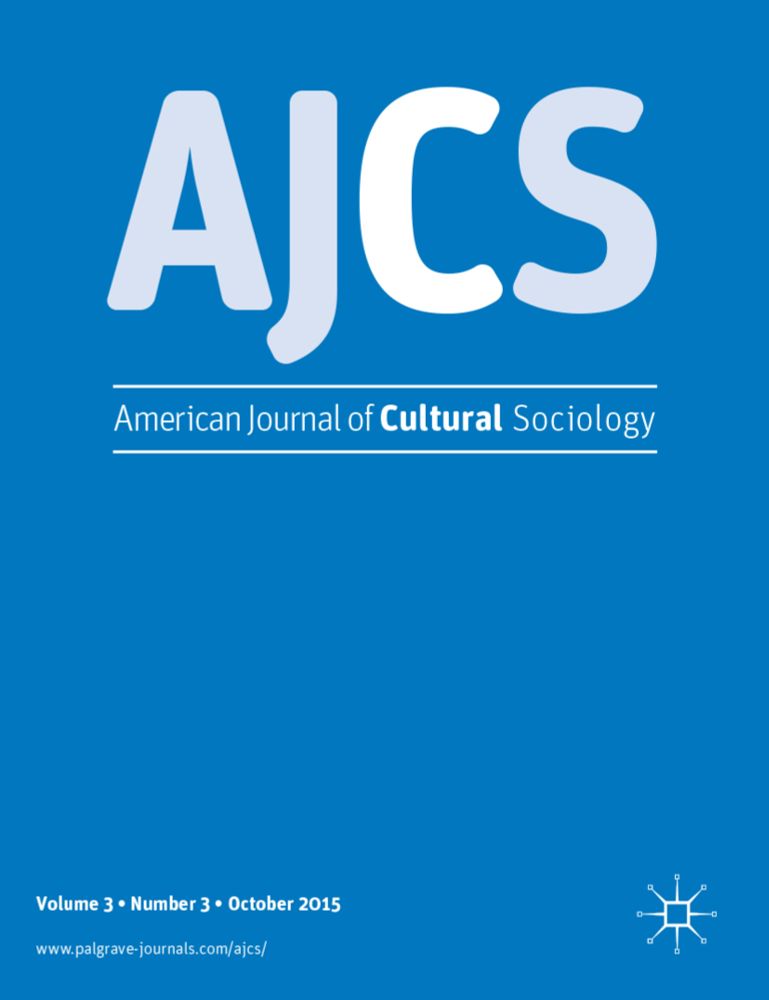
Narratives and destigmatization: the case of criminal record stigma in the labor market - American Journal of Cultural Sociology
Sociologists use the concept of narrative as an analytical tool and theoretical concept to understand the stories that people tell and their role in social and cultural life. A key tenet of prior rese...
link.springer.com
Opportunity Lab
@berkeleyolab.bsky.social
· Jul 28
Opportunity Lab
@berkeleyolab.bsky.social
· Jul 25
Inflation Reduction Act: Origins, Policy Implications, and Research Gaps | Review of Environmental Economics and Policy
Abstract The Inflation Reduction Act (IRA) is the largest federal climate legislation in the United States so far. The breadth and complexity of IRA’s energy and climate provisions raise new questions...
www.journals.uchicago.edu
Opportunity Lab
@berkeleyolab.bsky.social
· Jul 23
The importance of information for tax design: Evidence from the French wealth tax
Many countries are considering introducing or reforming their wealth tax policies. This column studies the effects of a French wealth tax reform, which reduced reporting requirements, on taxpayer behaviour. The scaling back of reporting requirements had large negative effects on tax compliance, with 35% of wealth taxpayers missing in affected brackets and evading 10% of their total wealth tax payments each year. The findings indicate that taxpayers are more likely to under-report the value of less easily verifiable assets such as housing, whereas financial assets are more transparent and thus harder to manipulate.
cepr.org
Opportunity Lab
@berkeleyolab.bsky.social
· Jul 22
Reposted by Opportunity Lab
Reposted by Opportunity Lab
